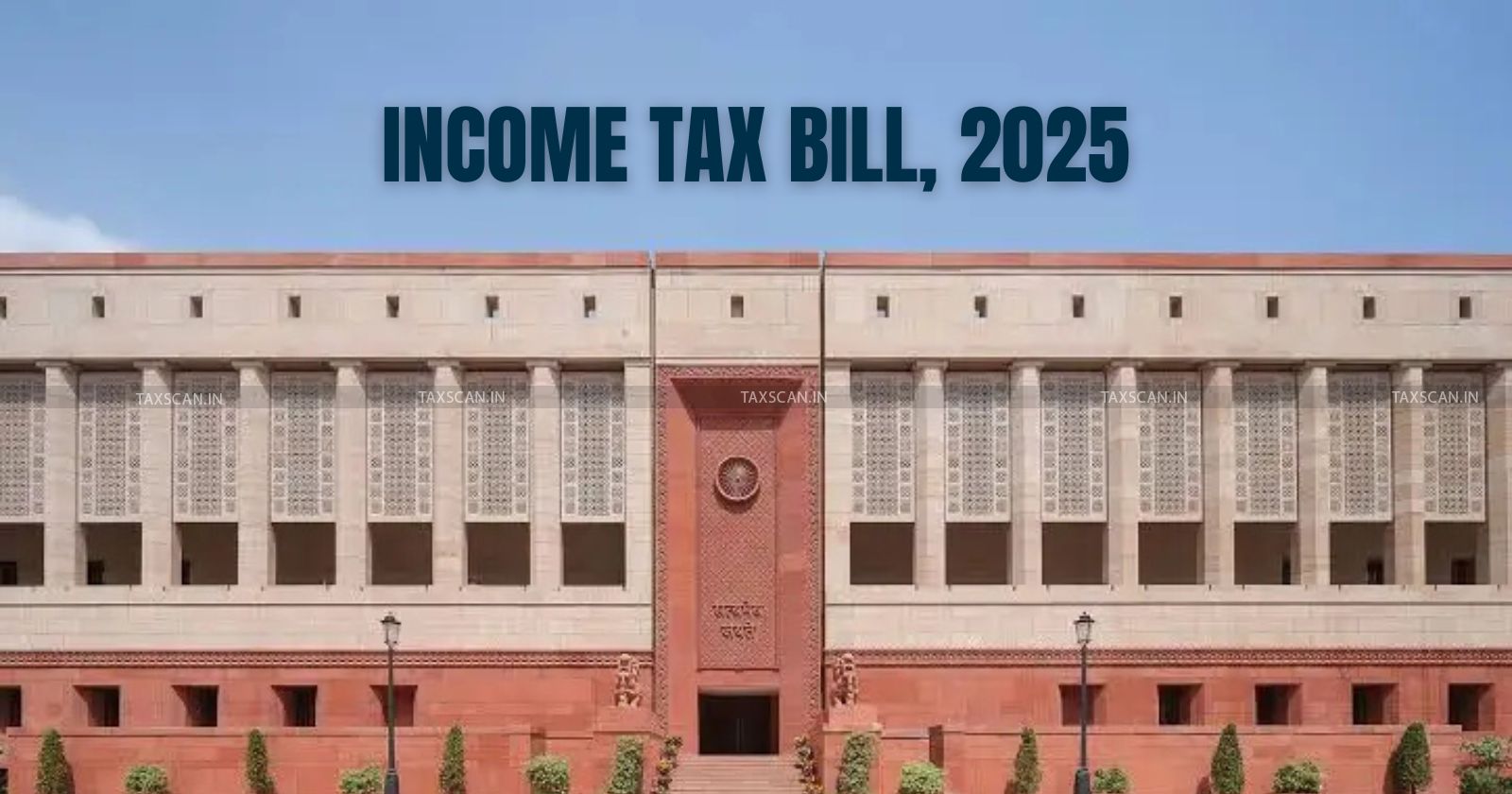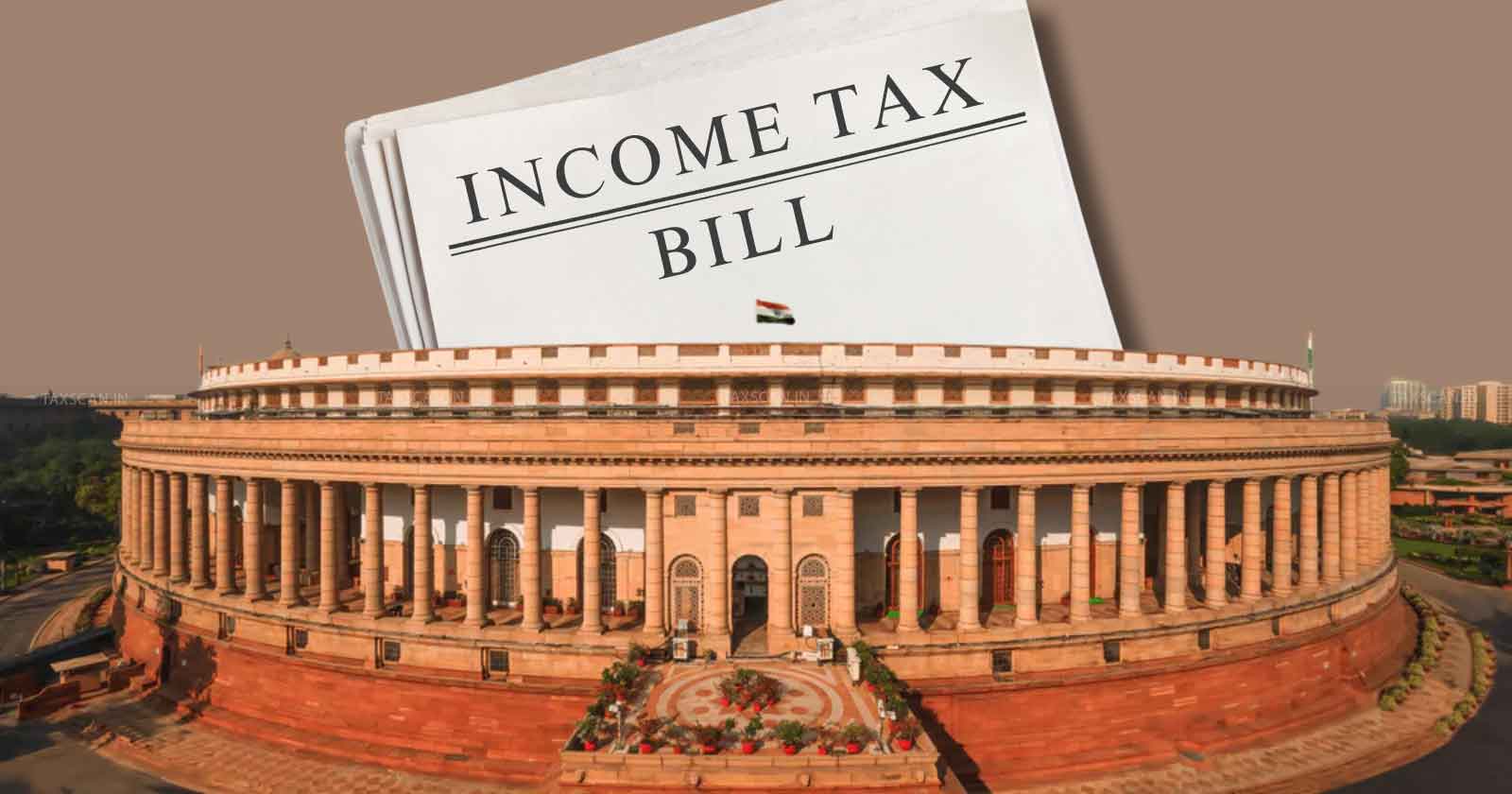Should ITAT Handle Advance Rulings? Stakeholders Say Yes, FinMin Says No
After considering the viewpoints of both the stakeholders and the Department, the Committee has accepted Clause 381 as proposed

The Select committee of Parliament has submitted a report on the New Income Tax Bill, 2025. In the ongoing discussions surrounding the Income Tax Bill, 2025, Clause 381 has sparked a debate on the structure and functionality of the Board for Advance Rulings (BAR).
The clause proposes the constitution of one or more Boards for Advance Rulings by the Central Government which is to be appointed by notification, for providing advance rulings under the relevant chapter. Each board would consist of two members, both officers not below the rank of Chief Commissioner, nominated by the Board.
 Also Read:Select Committee Approves Digital Access for Income Tax Officers Including Social Media and Emails: Here’s What the Report Says [Read Order]
Also Read:Select Committee Approves Digital Access for Income Tax Officers Including Social Media and Emails: Here’s What the Report Says [Read Order]
This provision mirrors Section 245OB of the principal Income Tax Act, 1961, with no policy change merely a simplified textual version retaining the same intent.
Stakeholder’s Suggestions
The stakeholders and experts have raised significant suggestions during the examination of the Bill, advocating for reforms to enhance independence, transparency, and efficiency in the advanced ruling process.
One of the proposals is to render BAR functional with immediate effect as an independent body by amending Section 381 to abolish BAR altogether and expand the scope of functioning of the Income Tax Appellate Tribunal (ITAT).
This would bring about a proper mix of members resulting in neutrality and functionality for advance ruling. Currently, the ITAT is handling international tax cases and also large domestic tax disputes, and has earned a reputation already with the taxpayer community.
The suggestion highlighted that if ITAT were to provide advance ruling, it could be extended to the Southern part of India also with the ITAT functioning in Bangalore, Chennai, Hyderabad and Cochin. This will ensure faster disposal of cases also, when it is geographically spread out.
The Stakeholders further suggested that the constitution of the Board of Advance Rulings ought to include a technical and a legal member. The composition of Authority for Advance Rulings (AAR) included a retired judge of the High Court or Supreme Court, a revenue member and a law member which ensured independence and transparency in the advance ruling process.
The advance ruling is sought on a mixed question of fact and law undertaken in a proposed transaction. Thus, it becomes very important that a law member is also made a part of the constitution of the Board of Advance Rulings (BAR).
 Also Read:Select Committee Flags Gaps in Income Tax Bill 2025, Issues 32 Critical Recommendations [Read Report]
Also Read:Select Committee Flags Gaps in Income Tax Bill 2025, Issues 32 Critical Recommendations [Read Report]
Ministry’s Reply
In response, the Ministry of Finance has firmly opposed these suggestions, deeming them as policy changes beyond the scope of the IT Bill, 2025. Regarding the proposal to change the composition by including a technical and legal member, the Ministry noted that it is in the nature of policy change, which is outside the scope of the Bill.
The Ministry replied that there is no change in the provisions of the Bill vis-a-vis Act. The Ministry opposed the suggestions and said that Chief Commissioners of the Income Tax are very senior most positions in the Department who have the experience of more than 30 years of service related to income tax matters. Thus, the Ministry concluded that the suggestion was not feasible.
The Ministry had raised concern in the reply that a bench cannot function if the post of Chairman or Vice-Chairman is vacant. As per section 245-O of the Act, persons eligible for appointment as Chairman of AAR are retired judges of the Supreme Court, retired Chief Justice of a High Court or retired Judge of a High Court who has served in that capacity for at least seven years.
Similarly, the persons eligible for appointment as Vice-Chairman are retired judges of a High Court. As per past experience, the posts of Chairman and Vice-Chairman have remained vacant for a long time due to the non-availability of eligible persons.
The Ministry pointed out that this has seriously hampered the working of AAR and a large number of applications are pending since the last many years. Therefore, the Ministry said that BAR was brought on statute. Finally, it concluded that the suggestion was not feasible.
 Also Read:Observations/Recommendations from Income Tax Bill Lok Sabha Committee Out [Read Press Release]
Also Read:Observations/Recommendations from Income Tax Bill Lok Sabha Committee Out [Read Press Release]
Committee’s Acceptance
After considering the viewpoints of both the stakeholders and the Department, the Committee has accepted Clause 381 as proposed, noting that it is a simplified textual version of existing Section 245-OB maintaining Government original policy.
Support our journalism by subscribing to Taxscan premium. Follow us on Telegram for quick updates


